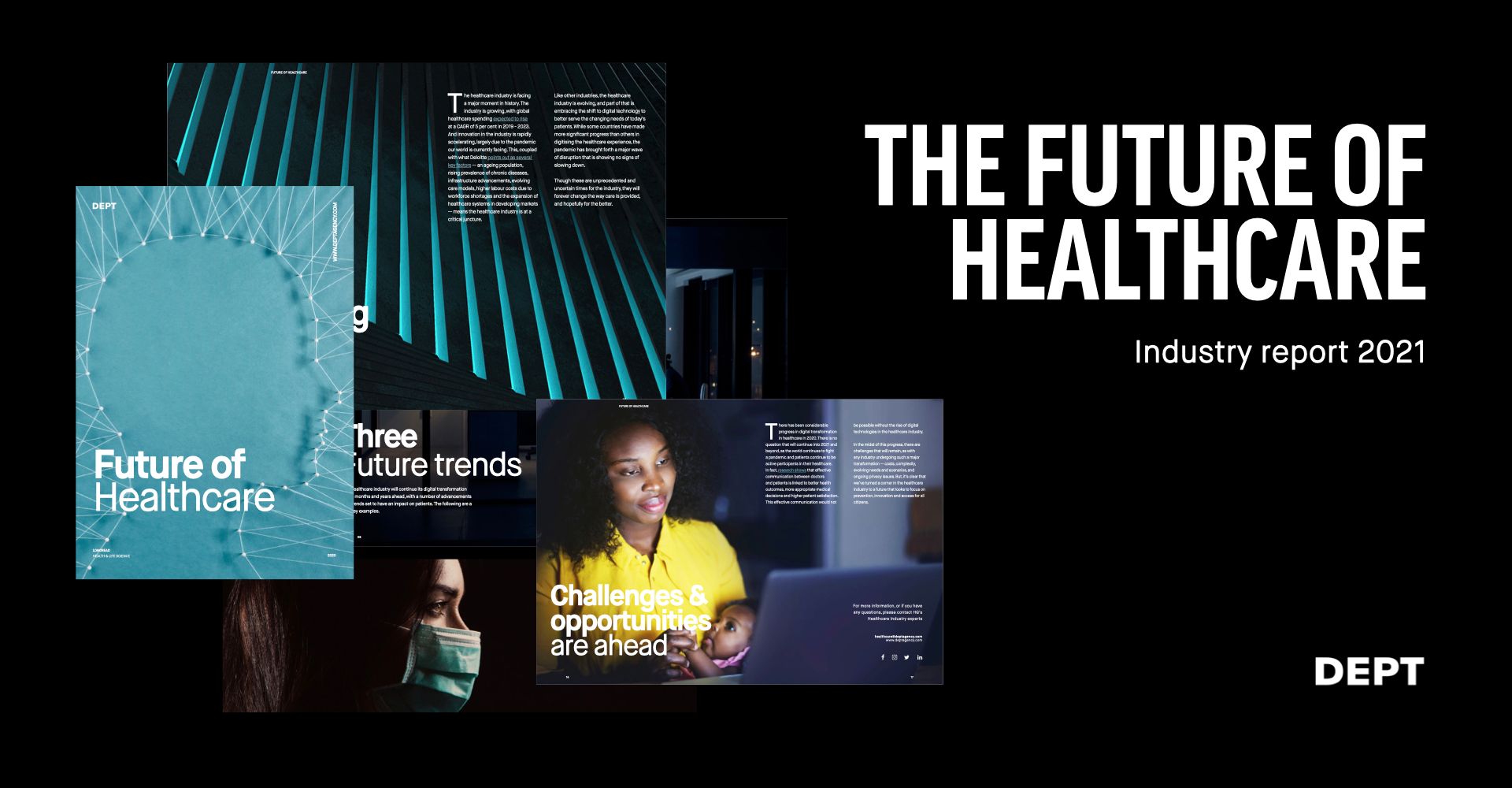What We Can Learn From Healthcare's Digital Response to COVID-19
The healthcare industry is facing a major moment in history. The industry is growing quickly, and innovation is rapidly accelerating due to the pandemic our world is currently facing. This, coupled with factors like an aging population, rising prevalence of chronic diseases, infrastructure advancements, evolving care models, higher labor costs due to workforce shortages, and the expansion of healthcare systems in developing markets, means the industry is a critical juncture.
A big part of the evolution of healthcare in the coming years is centered on using more technology to serve the changing needs of today's patients.
Technology has proven essential in fighting the pandemic and in providing patient care, whether it is hospitals in China using AI to read CT scans of lungs, reducing the burden on hospitals and enabling earlier intervention. Or hospitals in the United States using AI to guide and triage individuals with COVID-19 symptoms, helping to prevent them from needing to go to a hospital for care. Machine learning, advanced analytics, AI, automation and the cloud are making it easier to improve the quality of patient care, and that will only push forward as we move into 2021 and beyond.
Our friends at Dept put together an in-depth article on the healthcare industry's digital response to COVID-19 and what the year ahead will hold for the industry, including the technology and trends that will have an impact on patients going forward.

You can check it out here if you'd like to learn more.
And you can see the work we've done with innovators like Goldfinch Bio and Foundation Medicine to advance patient care today and in the future.